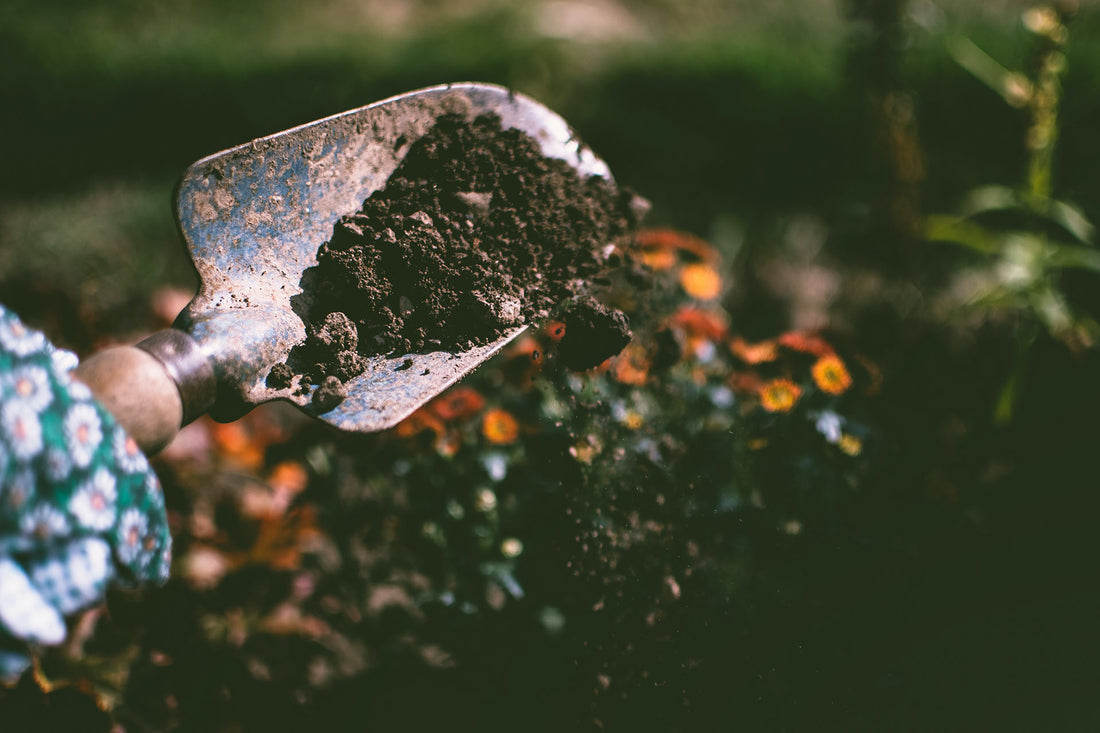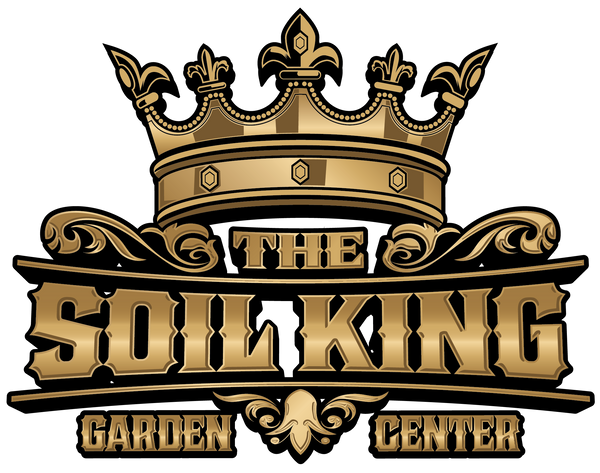
Worm Castings Vs. Compost – Which Is Better?
Looking to maximize the health of your garden or landscaping? Wondering if you should use compost or worm castings? In this guide from The Soil King, we’ll take a look at worm castings vs. compost, and help you understand more about each one, and which product may be right for your garden.
What Are Worm Castings?
Worm castings are also known as “vermicast” or “vermicompost.” Worm castings are the byproduct of the decomposition process of various worms. In other words, they’re worm poop. When worms eat vegetable matter, they excrete nutrient-rich waste that contains lots of water-soluble nutrients, and has very low levels of contaminants.
Worm castings also have a high concentration of “humus,” a spongy carbon-based substance that helps the material stay hydrated and properly aerated. Because worm castings contain high levels of nutrients and are beneficial for plant hydration and aeration, they’re a great choice for smaller-scale vegetable gardens.
However, worm castings can vary quite a bit in quality, and they are usually more expensive than compost and other soil additives.
What Is Compost?
Compost is organic matter that has decomposed into a concentrated mass of humus. When grass cuttings, flowers, sticks, vegetable peels, and other such material are loaded into a pile, they begin to break down into compost – often assisted by worms, bacteria, fungi, and other organisms that feed on decaying matter.
One of the best things about compost is that you can make it yourself by simply dumping vegetables, plant trimmings, grass, and other organic material into a pile. Depending on how much plant waste you generate, you may be able to get your entire supply of compost for free.
Compost is also made industrially and sold, however, so you can purchase it in bulk to augment the topsoil for your garden, flower beds, and landscaping.
Which Is Better – Compost Or Worm Castings?
Vermicompost has higher levels of nutrients and an improved humus profile, which helps with hydration and aeration. However, it’s usually more expensive to buy in bulk, and vermicomposting on your own is not easy.
